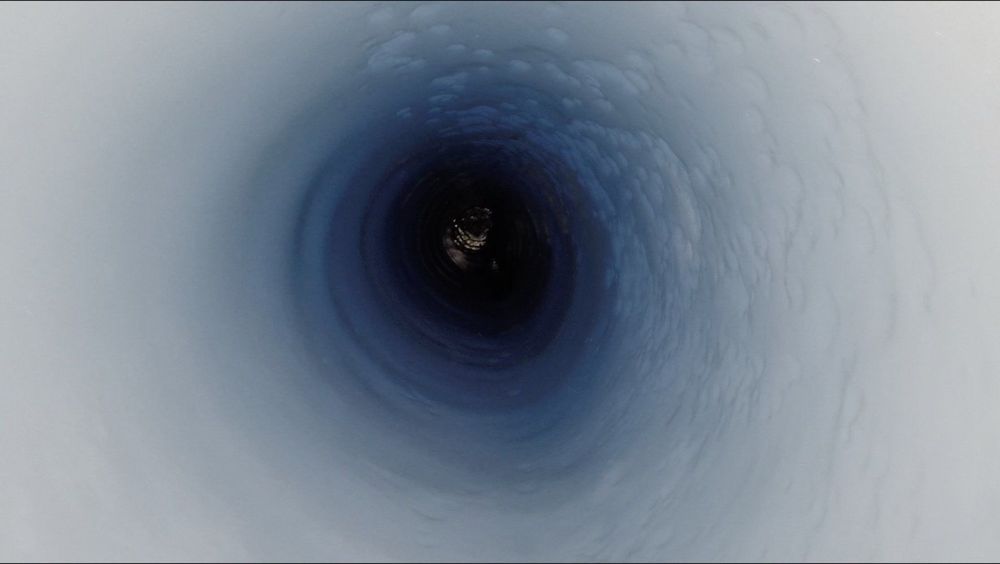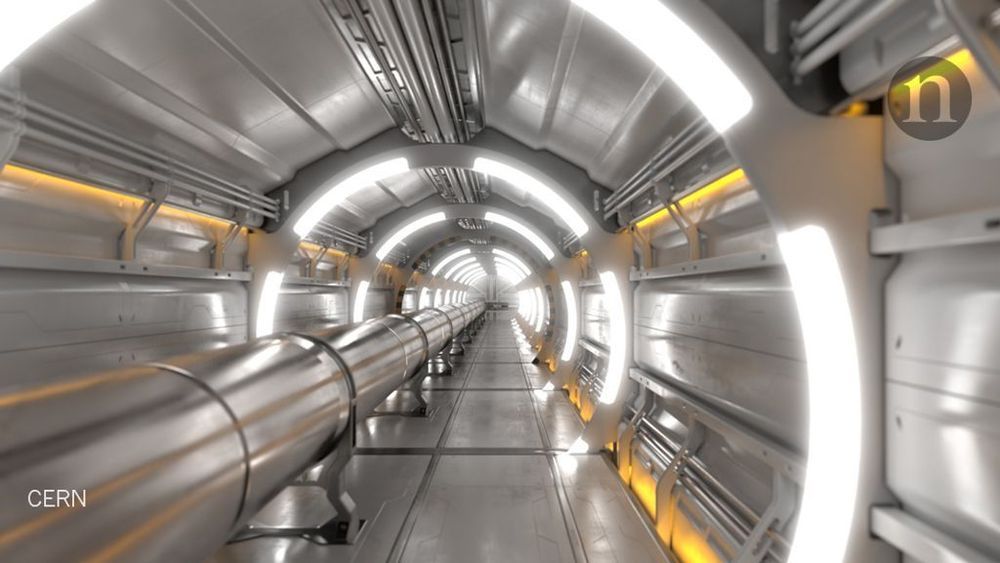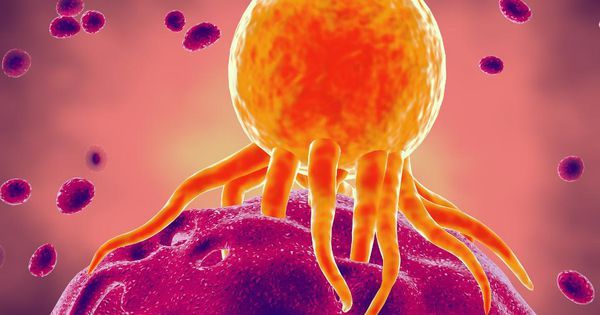
In the study, researchers focused on a mechanism that routinely serves the cell by marking human virus-like genes in order to avoid identifying them as viruses. Together with the Harvard team, Levanon has discovered that “when inhibiting this mechanism, the immune system can be harnessed to fight cancer cells in a particularly efficient manner, and most effectively in lung cancer and melanoma.”
“We found that if the mechanism is blocked, the immune system is much more sensitive,” Levanon said. “When the mechanism is deactivated, the immune system becomes much more aggressive against the tumor cells.”
According to researchers, most patients with cancer either do not respond to immune checkpoint blockade (a type of drug that blocks certain proteins made by some types of immune system cells, such as T cells, and some cancer cells) or develop resistance to it. The National Cancer Institute (NCI) says these proteins help keep immune responses in check and can keep T cells from killing cancer cells. “When these proteins are blocked, the ‘brakes’ on the immune system are released and T cells are able to kill cancer cells better,” says the NCI. Some immune checkpoint inhibitors are used to treat cancer as immunotherapy uses the body’s immune system to fight cancer.
Continue reading “Newly Discovered Mechanism Helps Our Own Immune Systems Fight Cancer” »


